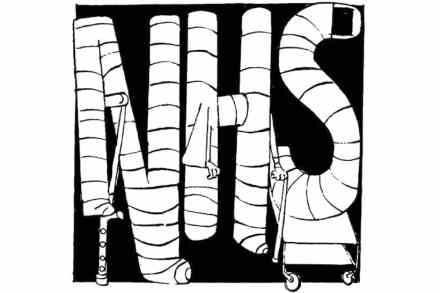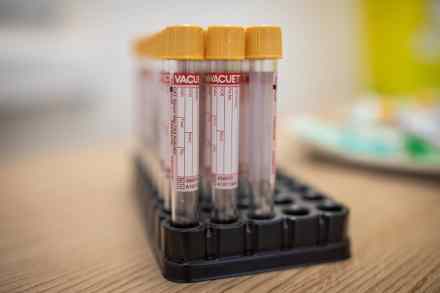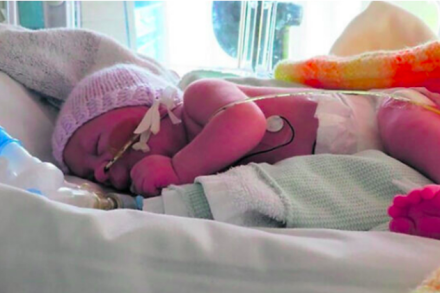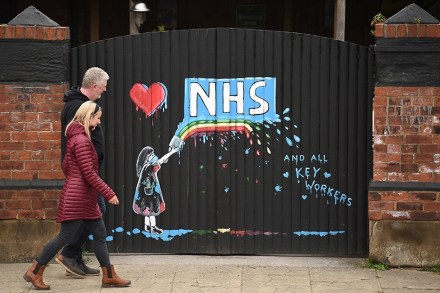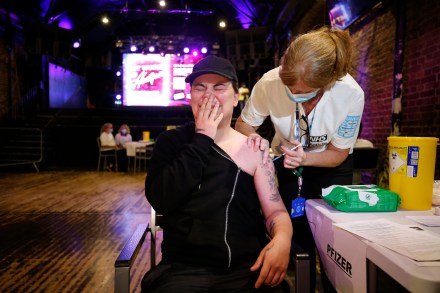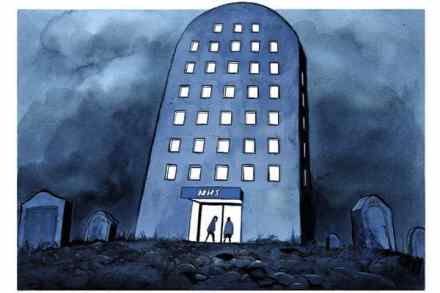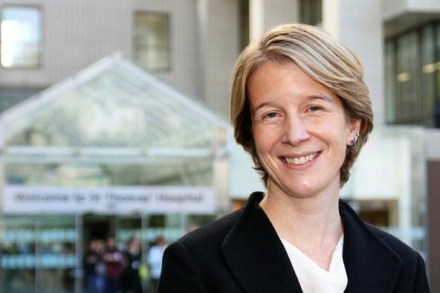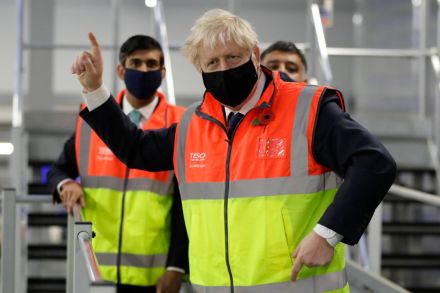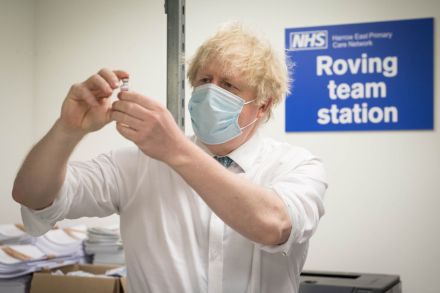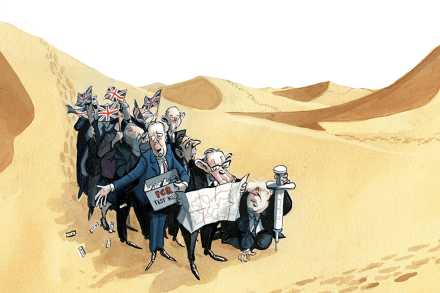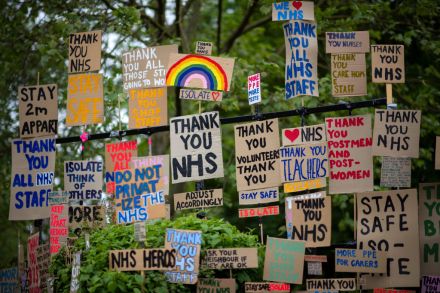Javid’s cash boost can’t fix a battered NHS
The new £5.4 billion cash boost for NHS England is the easy bit of a very tricky situation for the health service and the politicians trying to work out how to deal with it. As Health Secretary Sajid Javid made clear on Monday, while the money will help deal with the backlog in treatment caused by the pandemic, it won’t do so immediately. He said that waiting lists would go up before they started to go down because people are still coming forward for treatment. Javid has been pitch-rolling for a dreadful winter ever since he took on the job, warning almost immediately that waiting lists could reach 13 million.
